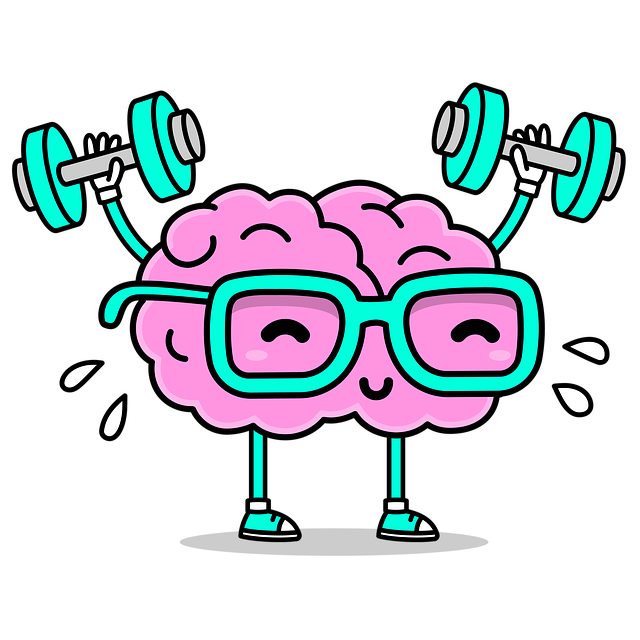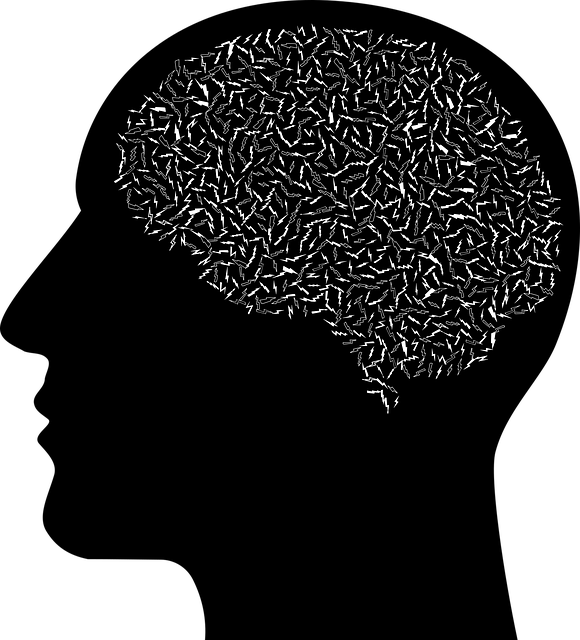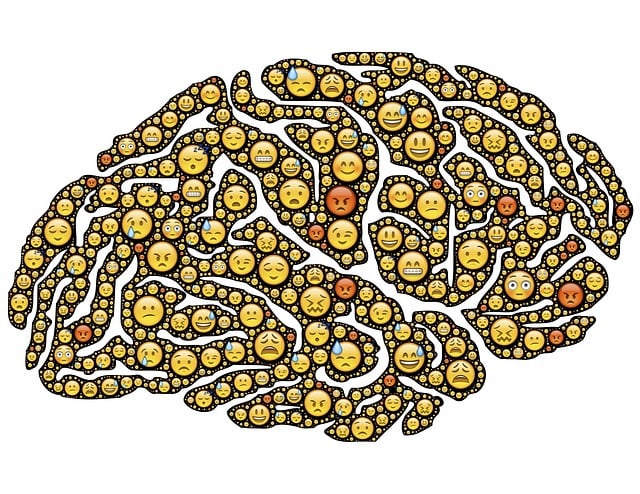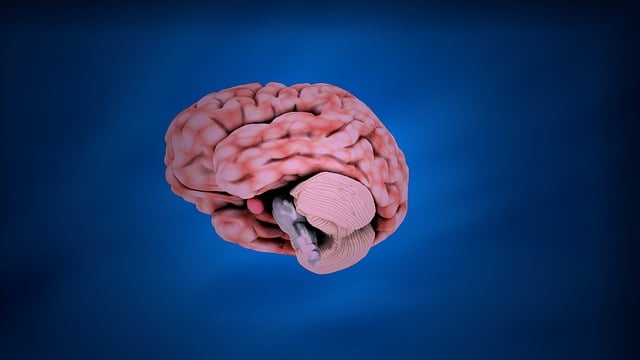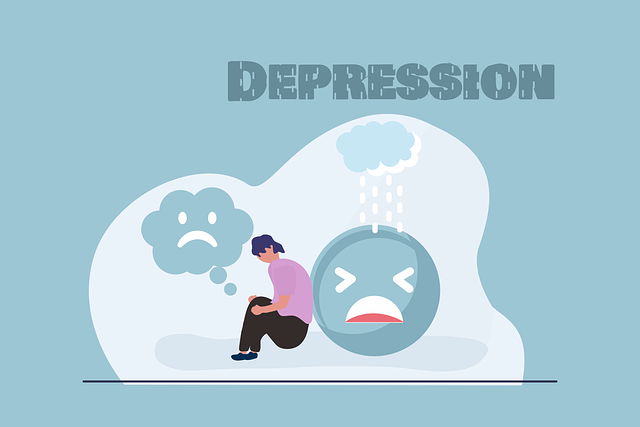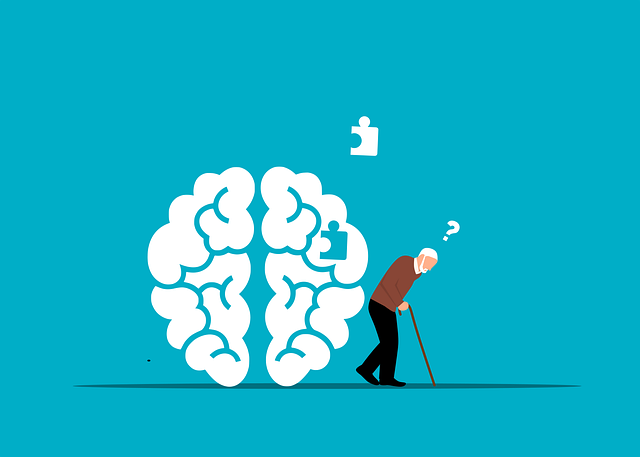Northglenn Developmental Disability Therapy (NDDT) is revolutionizing mental healthcare through its culturally competent community outreach program, addressing health disparities in diverse patient populations. By focusing on continuous learning and interactive training, NDDT equips healthcare professionals with skills to offer personalized, inclusive care. Their comprehensive programs enhance cultural sensitivity, trust, and open dialogue, improving patient outcomes and fostering positive relationships between caregivers and patients from various backgrounds. Through evidence-based methods and regular evaluations, NDDT ensures its cultural competency initiatives remain dynamic and effective in the ever-evolving healthcare landscape.
Healthcare provider cultural competency training is an essential aspect of delivering quality care in a diverse society. This article explores the critical skillset required to navigate complex cultural nuances, focusing on the innovative approaches by Northglenn Developmental Disability Therapy. We delve into the key components of effective programs, highlighting benefits for both patients and providers. By examining real-world examples, we offer strategies for implementing and measuring change, emphasizing continuous improvement in healthcare delivery.
- Understanding Cultural Competency in Healthcare: A Necessary Skillset
- The Role of Northglenn Developmental Disability Therapy in Training
- Key Components of Effective Cultural Competency Programs
- Benefits for Patients and Providers Alike
- Implementing and Measuring Change: Strategies for Continuous Improvement
Understanding Cultural Competency in Healthcare: A Necessary Skillset

Cultural competency in healthcare is a crucial skillset that enables medical professionals to provide quality care to diverse patient populations. It involves understanding and respecting different cultural beliefs, values, and practices, and being able to effectively communicate and collaborate with individuals from various backgrounds. At Northglenn Developmental Disability Therapy, we recognize that cultural sensitivity is not just a nicety but an essential component of effective therapy. Our community outreach program implementation focuses on fostering mental wellness and boosting confidence among underserved communities, reflecting the importance of cultural competency in delivering personalized and compassionate care.
By embracing cultural competency, healthcare providers can create inclusive environments where patients feel heard, understood, and valued. This is particularly vital in addressing health disparities that often affect marginalized communities. Through continuous learning and reflection, medical professionals can navigate complex cultural landscapes, ensuring they offer the best possible care while building stronger relationships with their diverse patient base.
The Role of Northglenn Developmental Disability Therapy in Training

Northglenn Developmental Disability Therapy plays a pivotal role in enhancing cultural sensitivity within the healthcare sector, particularly in mental healthcare practice. As a specialized therapy center, they are dedicated to equipping healthcare providers with the skills needed to offer inclusive and culturally competent care to individuals with developmental disabilities. Through comprehensive training programs, Northglenn Developmental Disability Therapy addresses the critical gap of cultural awareness among mental health professionals.
Their initiatives focus on fostering understanding and empathy towards diverse cultural backgrounds, ensuring that every patient receives personalized care. The center’s approach involves interactive workshops, case studies, and real-life simulations to prepare healthcare providers for the unique challenges they may encounter when serving diverse communities. By promoting cultural sensitivity in mental healthcare practice, Northglenn Developmental Disability Therapy contributes to improved Mental Health Awareness, making a significant impact on the overall well-being of individuals with developmental disabilities.
Key Components of Effective Cultural Competency Programs

Effective cultural competency programs for healthcare providers are multifaceted and essential in delivering quality care. The key components include comprehensive training that covers diverse cultural backgrounds, traditions, and beliefs. At Northglenn Developmental Disability Therapy, we understand the importance of this aspect in fostering inclusive environments. By providing educational sessions, workshops, and resources, our programs equip professionals with the knowledge to navigate complex cultural nuances and barriers.
Additionally, these initiatives should incorporate interactive activities, role-playing scenarios, and real-life case studies to enhance learning. Implementing Stress Reduction Methods, Mental Wellness Coaching Programs Development, and Conflict Resolution Techniques within these training sessions allows healthcare providers to manage challenging situations effectively while promoting patient-centered care. Such an approach ensures that professionals can offer empathetic support tailored to individual needs, fostering trust and positive outcomes.
Benefits for Patients and Providers Alike

Cultural competency training offers a multitude of benefits for both patients and healthcare providers, including those at Northglenn Developmental Disability Therapy. For patients, it fosters an environment where they feel understood and respected, which is crucial in building trust. When caregivers are culturally competent, they can better communicate with their clients, ensuring that every interaction is sensitive to individual cultural backgrounds, beliefs, and experiences. This understanding promotes open dialogue, encourages active participation in care plans, and facilitates the sharing of personal health information.
For healthcare providers, such training equips them with empathy-building strategies that enhance patient outcomes. By learning to navigate diverse cultural landscapes, professionals can reduce misunderstandings and improve their ability to connect with patients from various ethnic and social backgrounds. Moreover, it enables caregivers to offer tailored support, focusing on specific needs like coping skills development and stress management—all while creating a more inclusive and therapeutic setting for everyone involved.
Implementing and Measuring Change: Strategies for Continuous Improvement

Implementing and Measuring Change is a crucial aspect of Northglenn Developmental Disability Therapy’s (NDDT) commitment to cultural competency. The organization recognizes that training alone is not enough; sustainable transformation requires ongoing evaluation and refinement. NDDT employs a multi-faceted approach, incorporating both qualitative and quantitative methods to assess the impact of its initiatives.
Regular follow-up sessions with staff, patient feedback mechanisms, and periodic external evaluations help gauge the effectiveness of programs like Compassion Cultivation Practices and Emotional Intelligence workshops. Additionally, Stress Management Workshops Organization plays a vital role in fostering an environment where professionals can openly discuss challenges and share best practices. These strategies ensure that NDDT’s cultural competency training remains dynamic, responsive to needs, and aligned with the latest evidence-based practices.
Healthcare provider cultural competency training, as exemplified by Northglenn Developmental Disability Therapy’s programs, is a vital tool in fostering inclusive and effective care. By understanding diverse cultural contexts and abilities, providers can significantly improve patient outcomes and experiences. Effective training programs, as outlined in this article, should include comprehensive education, real-world simulations, and ongoing evaluation. Investing in cultural competency not only benefits patients with developmental disabilities but also enriches the practice of healthcare professionals, ensuring a more compassionate and accessible medical landscape.
